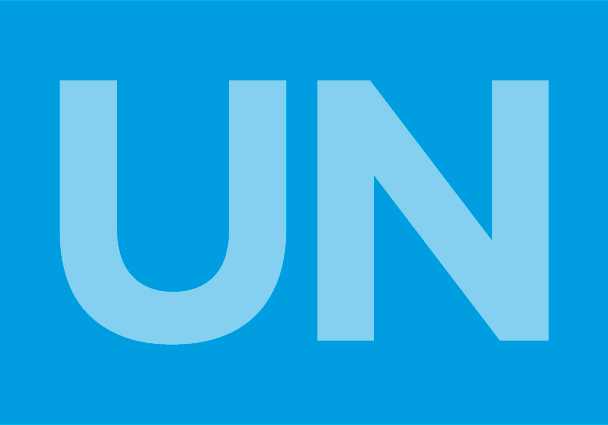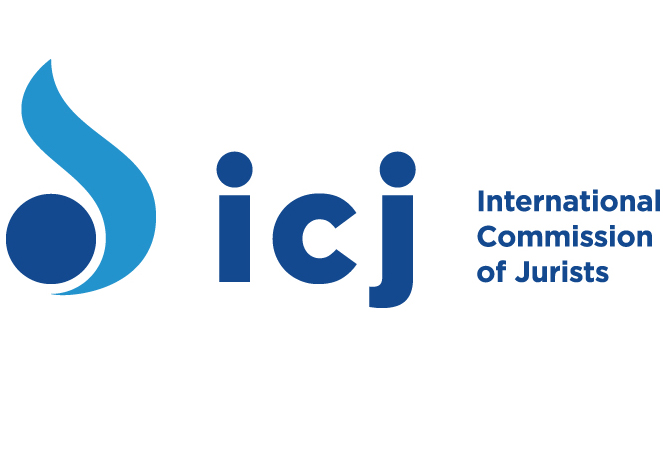 This is the ICJ Submission to the Human Rights Council Universal Periodic Review on Morocco, published on 20 November 2007.
This is the ICJ Submission to the Human Rights Council Universal Periodic Review on Morocco, published on 20 November 2007.
On 30 November 2005, Morocco’s Equity and Reconciliation Commission (ERC), launched in 2004 by King Mohamed VI, issued its report into grave human rights violations committed between 1956 and 1999, stimulating taboo-breaking discussions of past repression. The ERC provided an official acknowledgement of past repression, gave a long-overdue voice to victims, and elucidated many individual cases. The Commission’s final report announced that it had resolved 742 “disappearance” cases and the 66 outstanding cases would be investigated further by a follow-up committee. Two years later, the recommendations of the ERC with regard to the independence of the judiciary and combating impunity remain unfulfilled.
Some Moroccan State officials alleged to be responsible for gross human rights violations during the last forty years were not brought to justice and they continue their work in official positions.
Although Morocco decided to address the human rights violations committed in the past to put an end to them, reports about the continuing use of torture in Moroccan prisons still emerge, especially in relation to the so called “war on terror”, and the implementation of the law on terrorism, adopted in 2003.
Other concerns on the human rights situation in Morocco are related to the enjoyment of freedoms of assembly, association and expression:
Most types of public assemblies require authorization from the Interior Ministry, which can refuse permission if it deems them potential to “disturb the public order.”
The press law also provides prison terms for libel and for expression critical of “Islam, the institution of the monarchy, or the territorial integrity.” Although the 2004 law liberalized media broadcasting, it requires foreign media to seek license for stations inside Morocco to “scrupulously respect the values of the monarchy and its heritage in terms of Islam and territorial integrity.”
Since mid-2005, series of prosecutions of independent weeklies, the most outspoken and critical sector of the Moroccan news media, showed the continuing limits on press freedom.
Continuing restrictions on freedom of expression were reported, particularly on issues related to the monarchy and the Western Sahara conflict. Several journalists from independent newspapers and magazines, such as Tel Quel have been prosecuted, and the Arab-language weekly Nishan was shut down on 21 December 2006 for “undermining Islam”.
Censorship, harassment and legal action against the independent media continued throughout the past year. The press law has a score of offences carrying prison sentences and journalists often have to pay very heavy fines and damages for offending the king, monarchy, nation, and territorial integrity, God or Islam.
The ICJ therefore calls on the Human Rights Council to urge the Moroccan Government to:
- Implement without delay the recommendations of the Instance of Equity and Reconciliation with regard to the constitutional reforms, independence of judiciary and combating impunity;
- Put an end to the impunity of state officials responsible for the gross human rights violations committed in Morocco during the last 40 years;
- Stop intimidation and harassment of journalists and ensure the full enjoyment of the freedom of speech and expression;
- Investigate allegations of torture and ill treatment of detainees and prisoners condemned on the basis of the 2003 anti-terrorism law, and bring to justice perpetrators of these violations.
Morocco-ICJ UPR-non-legal-submissions-2007 (full text, PDF)




